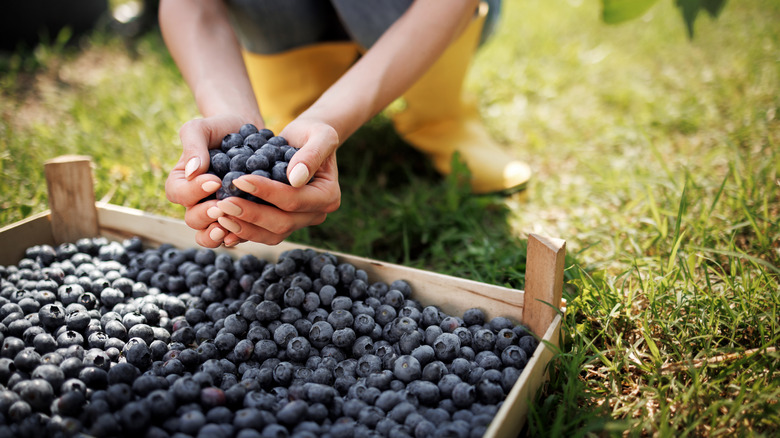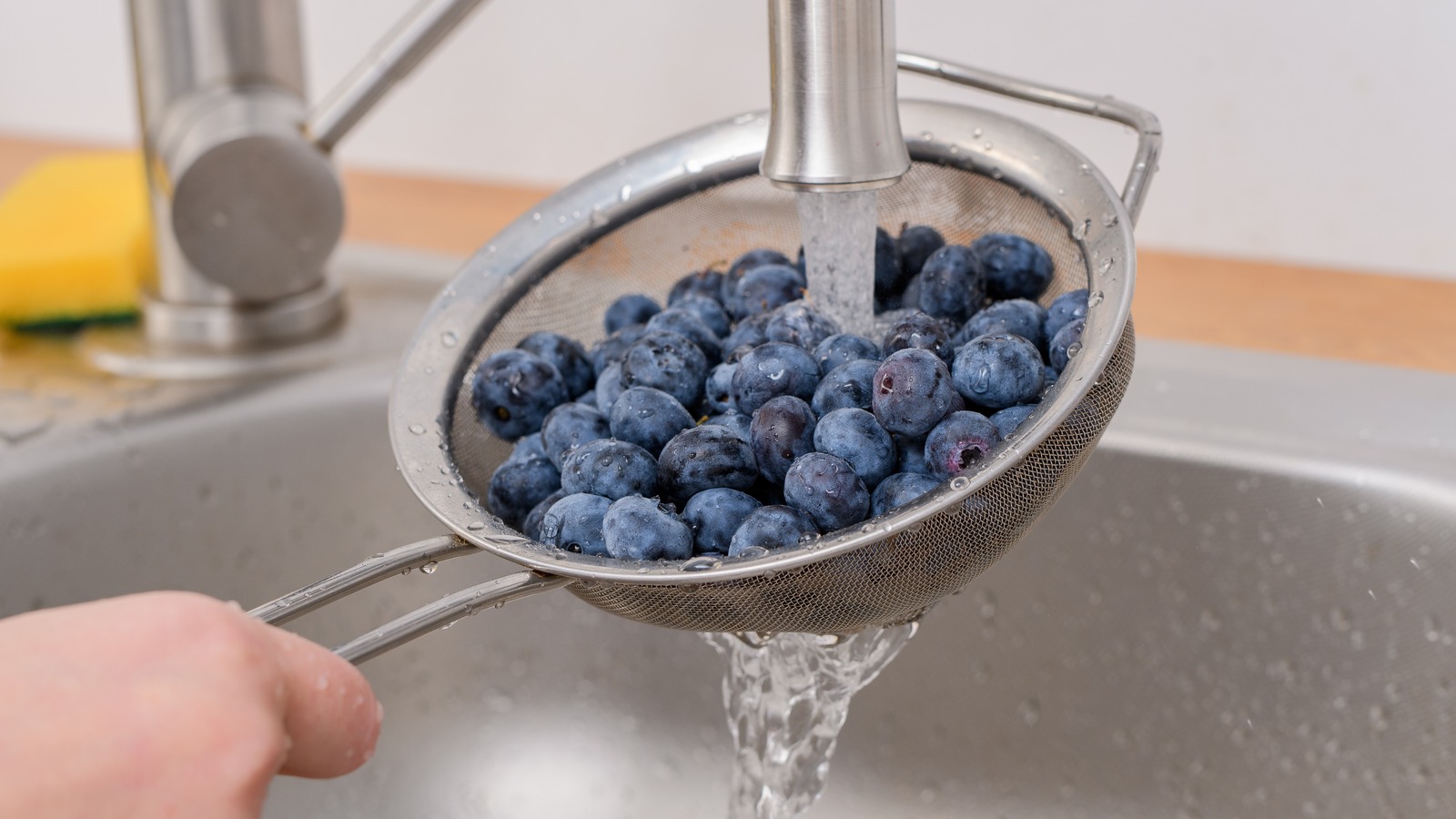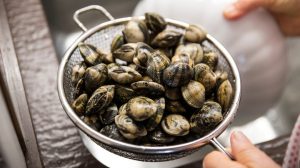Gone are the days of picking wild berries and popping them straight in your mouth for the freshest taste ever. We know too much now about potential contaminants, whether naturally occurring or via commercial production practices. This forces us to take wise precautions such as thoroughly washing fruit and properly storing it for long-lasting freshness. When it comes to delicate little blueberries, a gentle touch goes a long way, as does timing.
Washing fruit is crucial for removing field debris, pesticides, bacteria, germs from harvesters’ hands, and contaminants from the shipping and storage process. With leafy greens, it’s common to find labels such as pre-washed or triple-washed, but less so with berries. It’s up to you to make those nutritious, delicious blueberries work magic in your snacking or recipes, and it all starts with proper washing. The truth is that “when” to wash is just as important as “why” you do so. Unfortunately, rinsing blueberries right away so they’ll be ready and waiting in the refrigerator is not the way to go.
Blueberry skins have a natural protective barrier that is compromised by washing, leaving them vulnerable to damage, deterioration, and moisture. When rinsing the berries before storing, any residual moisture on the skins can shorten the lifespan of the fruits. For fresher berries all around, it’s best to wash them just prior to consuming. However, you do want to inspect blueberries right away, removing ones with signs of decay before it spreads to fellow carton mates.
Washing and storing blueberries for ultimate freshness

While unwashed blueberries await their edible moment, they need to be refrigerated, preferably in the coldest section and stored in breathable packaging. This can be your own ventilated container or the plastic or cardboard clamshell versions in which supermarket berries are commonly packaged. Those will resist moisture buildup and allow air to flow. It’s hard to know exactly when blueberries were picked in the fields, but refrigerated ones can last a couple of weeks past harvesting when properly stored.
When ready to enjoy your blueberries, set aside a few minutes for thorough cleaning. Cool, clear water is all you need, and it’s typically just as effective as commercial produce washes, vinegar, or lemon juice. Avoid any kind of detergents or soaps, and never use bleach or disinfectants on produce, cautions the Centers for Disease Control and Prevention (CDC). To avoid germs swimming from berry to berry, use running water rather than a soaking bath.
For leftover uneaten berries that have already been washed, it’s perfectly fine to refrigerate them again and enjoy later. Gently pat them with paper towels to remove any moisture, and return to a ventilated container, preferably with a paper towel at the bottom and between each layer of berries. If the paper towels become moist over time, replace them. You’ll know when blueberries start to lose quality as they’ll become mushy, leaky, discolored, or shriveled or begin to mold. You may also notice a sour smell or taste.







